Fishmongers' Hall: Coroner criticises intelligence-sharing
- Published
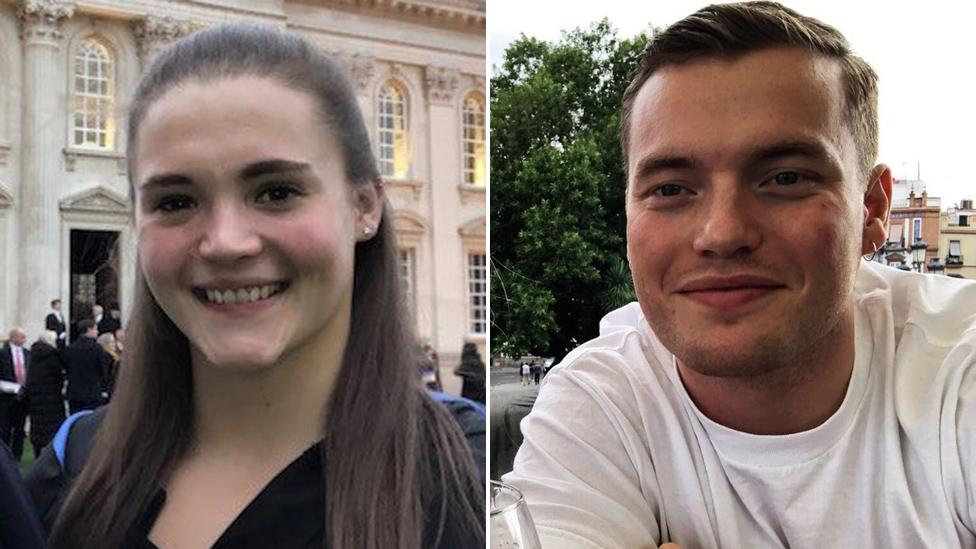
University of Cambridge graduates Saskia Jones and Jack Merritt were unlawfully killed by Usman Khan
A coroner has said it was "very unsatisfactory" that information the Fishmongers' Hall attacker was likely to carry out an assault was not shared.
Convicted terrorist Usman Khan fatally stabbed Jack Merritt and Saskia Jones at the London venue in November 2019.
Judge Mark Lucraft QC, who acted as the inquest coroner, has made 22 recommendations in his prevention of death report.
He urged the security services to work more closely with other agencies.
He said the case gave "cause for concern that counter-terrorism police may be in possession of intelligence or information which may be useful to the management of an offender" by the public protection panel, MAPPA, "but that such intelligence or information may not be brought to the knowledge of, or taken into account by, MAPPA agencies".
The inquests earlier this year found failings by the police, the Probation Service and MI5 contributed to the deaths of Mr Merritt, 25, and 23-year-old Ms Jones.
The inquest jury concluded that both were unlawfully killed.
Khan, 28, from Staffordshire, was chased from Fishmongers' Hall on to London Bridge by three men, before being shot at 20 times by armed police.
Judge Lucraft QC said the Home Office and Ministry of Justice needed to consider how intelligence known only to the Security Service MI5 could be taken into account by the Multi-Agency Public Protection Arrangements (MAPPA) system.
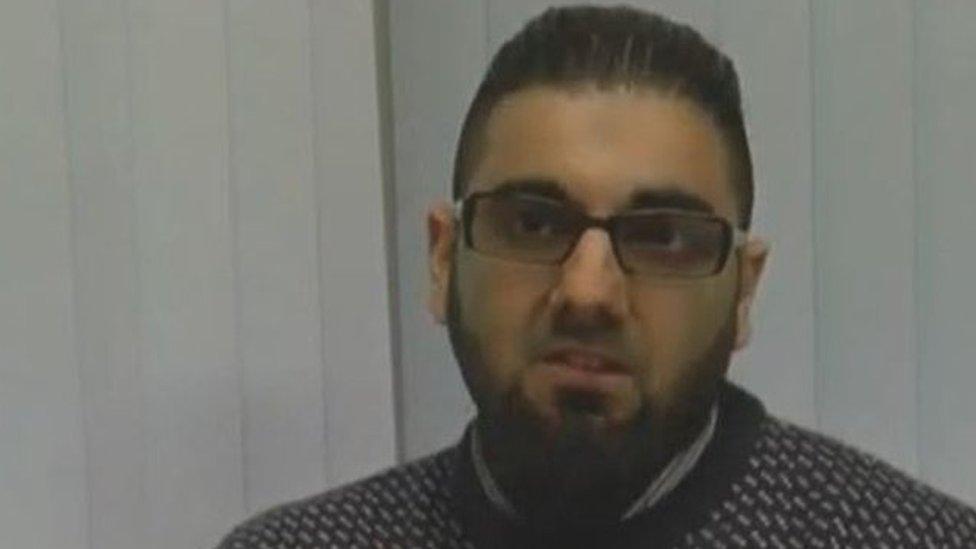
Usman Khan was shot at 20 times on London Bridge
In his report he said: "A very unsatisfactory situation arose whereby there was a strand of intelligence received shortly prior to Usman Khan's release from prison that he intended to carry out an attack but the MAPPA panel participants were in the main entirely ignorant of that intelligence.
"This case gives cause for concern that counter-terrorism police may be in possession of intelligence or information which may be useful to the management of an offender by the MAPPA panel, but that such intelligence or information may not be brought to the knowledge of or taken into account by MAPPA agencies.
"This issue should be addressed, preferably by ensuring that a single police officer from any covert investigation is responsible and accountable for ensuring that intelligence and information is properly shared and taken into account."
Judge Lucraft also recommended that when decisions were made to vary the licence conditions of an offender this should be properly recorded by the probation officer and the MAPPA panel.
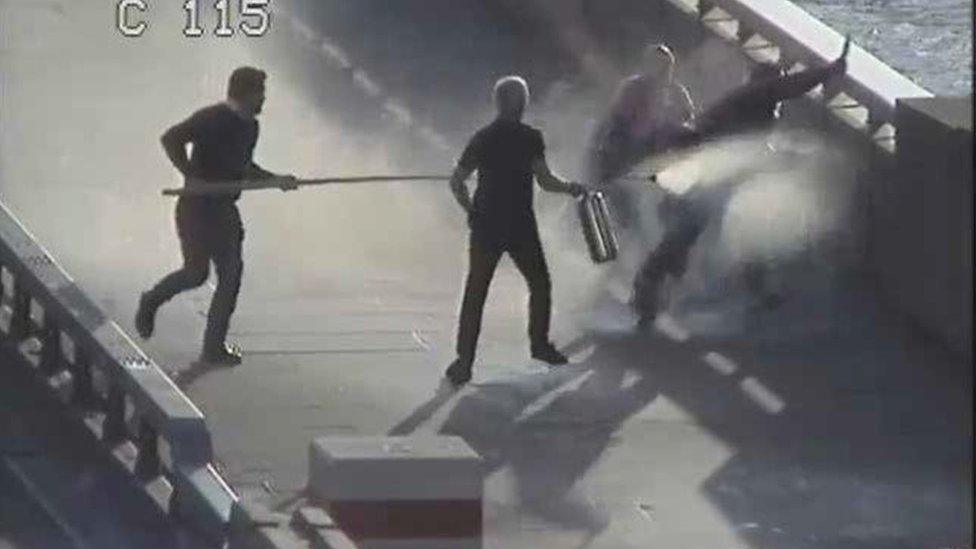
Three men chased Khan on to the bridge before armed police arrived
In the case of Khan, he was not allowed to go to railway stations but he was given specific permission to travel to London alone on a train to attend the prisoner education event where he carried out his attack.
Jurors at the inquests for Mr Merritt and Ms Jones found there had been unacceptable management and a lack of accountability in the oversight of Khan.
They concluded there had been failures in the sharing of information between state agencies responsible for monitoring him.
Deficiencies in the organisation of the event at Fishmongers' Hall, including inadequate security measures, were also found to have been a factor in the deaths.
- Published10 June 2021

- Published7 June 2021
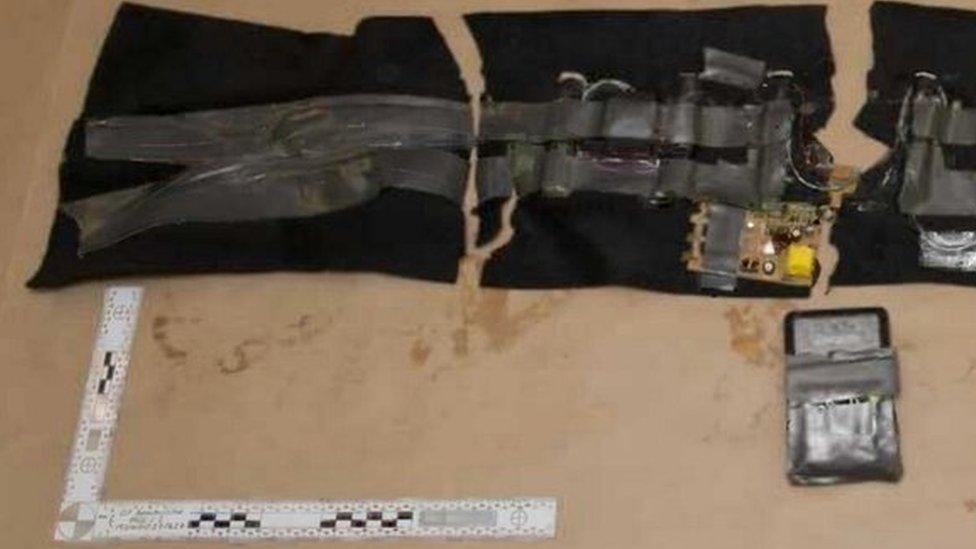
- Published4 June 2021
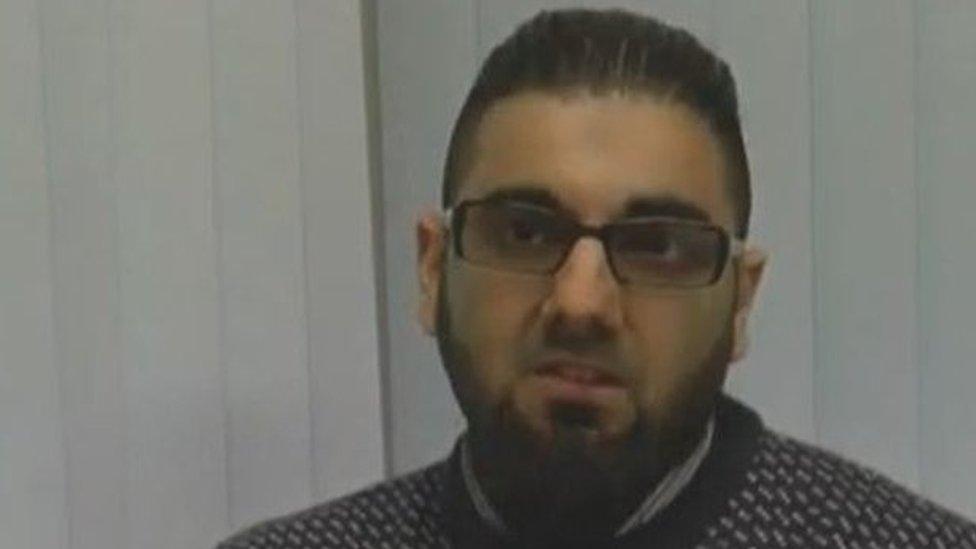
- Published2 June 2021
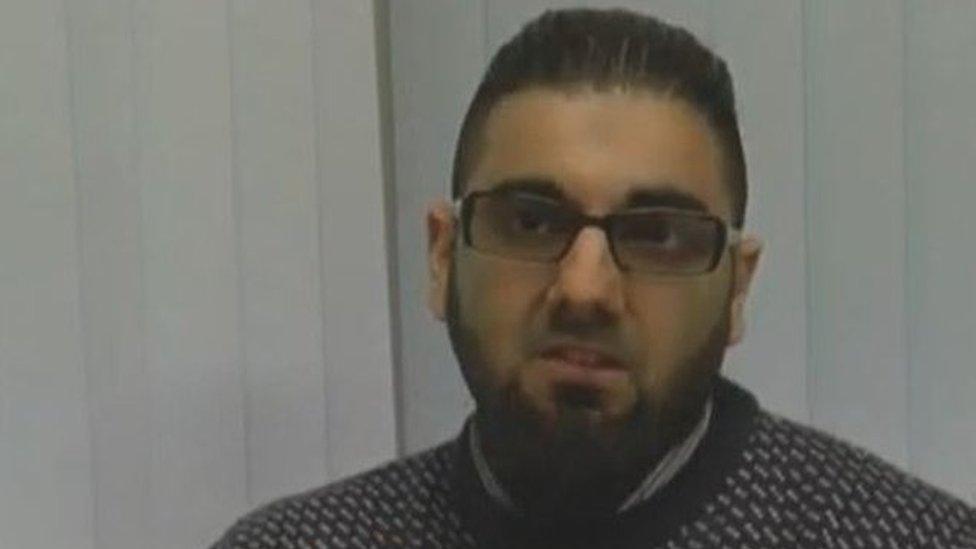
- Published1 June 2021
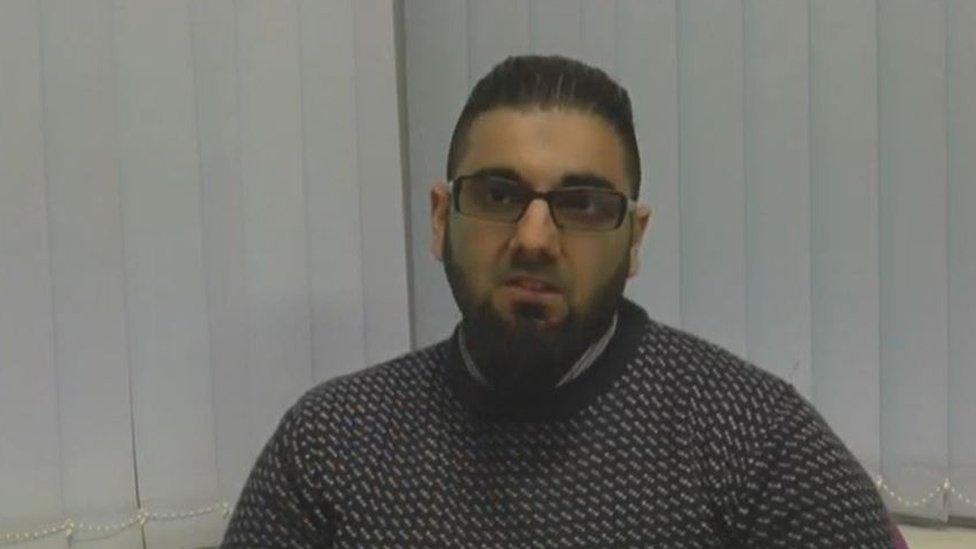
- Published28 May 2021
